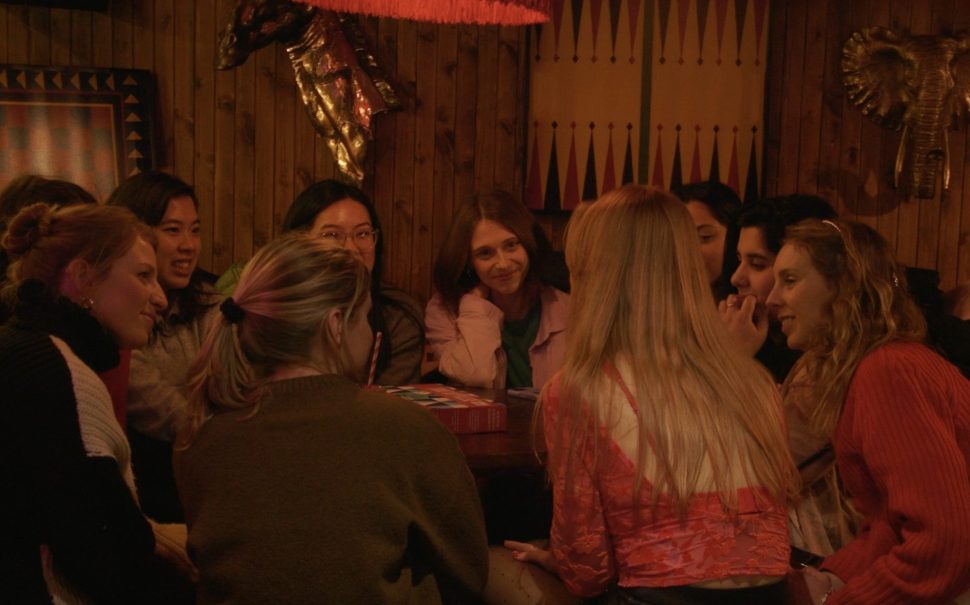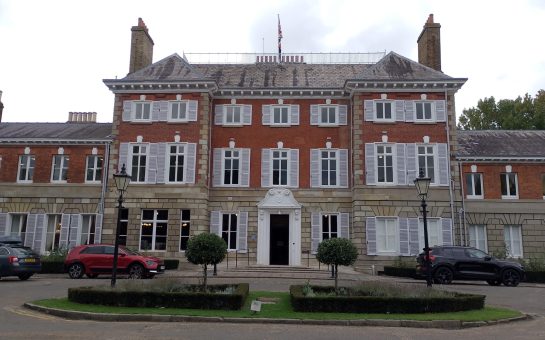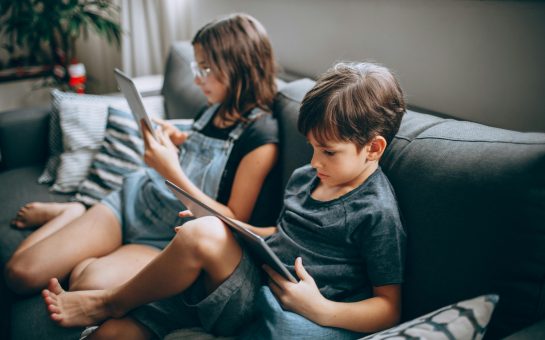Younger people, between the ages of 16-24, are twice as likely to feel lonely compared to people over the age of 70, a new study has found.
NeighbourlyLab is a non-profit research and development organisation that investigates what improves social connectedness across different neighbourhoods in the UK.
They found that young adults living in London for less than one year are 3.44 times more likely to be severely lonely than those that have always lived in London.
Emma Bowkett, former research and development manager at NeighbourlyLab said: “Loneliness is defined as having few social contacts or infrequent forms of social connection.
“It’s the gap between the social connections that we want or need to have and the actual social connections that we do have in our day-to-day life.
“Social media can be a powerful tool for people who haven’t found connections, maybe when living in London and in real life.
“Things like the London Lonely Girls Club can provide a platform for these like minded people to interact.”
The London Lonely Girls Club (LLGC) is a communication forum and friendship making group founded on Facebook by Holly Cooke.
The objective of the page is to provide a safe place for women in London to talk and meet up to make their experience in the city less lonely.
The page often hosts activity based meet ups to help the girls integrate without feeling awkward.
Cooke said: “I think interests are such a strong foundation for a friendship, building a friendship takes time and at the beginning it can feel so awkward and difficult but if you’ve got a shared interest you’ve at least one thing to talk about and go and do together.
“Female and platonic friendships are so key, we weren’t made to live this life alone.
“Having multiple people to bounce ideas off of and share life with is so important.”
Data shows that loneliness is a silent killer that could be as deadly as smoking a dozen cigarettes a day.
NeighbourlyLab recently launched a social infrastructure programme that hopes to build better more connected communities, which is funded by The National Lottery Community Fund.
CEO of the fund David Knott said they promise to support communities to come together by creating accessible, welcoming places, both physical and virtual, for people to meet connections with friends, neighbours and people with shared interests and experiences are key to fulfilled, happy lives.
The LLGC is a great example of transferring virtual interactions into real life.
LLGC user Amie Innes said: “A girl posted about a vegan night and I went along to that.
“I was really nervous about going because it was with 15 girls that I didn’t know and I really don’t like doing things with new people, I prefer doing things with people I know well.
“So I really had to push myself out of my comfort zone to start going along to events.”
Although it can be difficult putting yourself into new social environments, maintaining good social connections is essential in maintaining better mental health and preventing things like anxiety and depression.
To find out more about the work NeighbourlyLab is doing visit: https://www.neighbourlylab.com/thought-pieces





